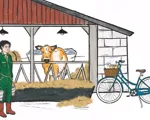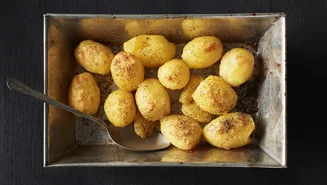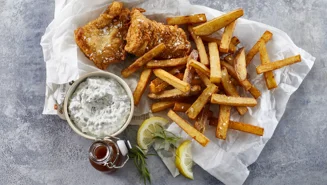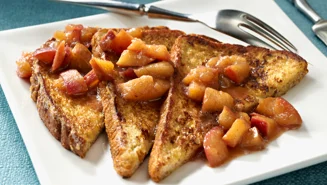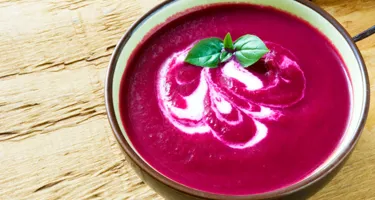
Food waste is a big problem in our country. The UK throws away around 9.5 million tonnes of food waste in a single year, and a great deal of that food waste ends up in landfill, contributing to harmful emissions.
So, we know that food waste is bad, but how can we combat it? How can we ensure that we keep the food we throw out to the absolute minimum? In this guide, we’re taking a look at creative ways for using up leftover food to save it from being thrown away – read on to find out how you can help save the planet through better food waste management:
How much food is wasted in the UK each year?
Before we dive into reusing food waste, let’s take a look at just how much food goes in the rubbish each year. We saw above that nearly 9.5 million tonnes get thrown away each year – that’s over £19 billion worth of food that heads to landfill!
There are all kinds of causes of food waste and reasons that perfectly edible food gets thrown away, and within homes, residential food waste is often connected with confusion around ‘best before’ dates and ‘use by’ dates. This kind of food loss is the kind of thing that can be challenged by a little bit of creative thinking in the kitchen.
How can I prevent food waste?
Preventing waste in the home is a combination of reusing food waste and making sure you buy what you need only. Sustainable living can carry many challenges, but preventing food waste is one of the easiest ways you can reduce your environmental impact.
Making sure you only buy what you need is the easy part. Planning meals and the ingredients for those meals over the course of the week is the best way to ensure that when you head to the shops, you’re only picking up the ingredients that your weekly plan allows.
Preventing food waste through eating up leftovers is the next step, and while it requires a bit more forethought, it’s easily done with just a few creative food waste ideas.
Reusing food waste
Here are some creative ways to do just that, by repurposing your food waste to make something special:
• Set a leftovers evening each week – Make it a target each week to have one day where you just mop up all of the leftovers you’ve accrued in your fridge. There are hundreds of recipes out there that are designed to help you repurpose food scraps to avoid wasting them, incorporating everything from citrus peels to eggs – check out this handy list for inspiration.
• Make soup – Leftovers or no leftovers, soup is a fantastic and nutritious meal. From a food waste perspective, it’s incredibly easy to mix in anything that you haven’t quite got round to eating – and that makes soup an excellent choice. Any less than perfect flavours from foods past their ‘best before’ dates will get masked, leaving you with the nutritional benefit and an easy way of avoiding food ending up in the bin..
• Make vegetable stock – Your leftover vegetables don’t have to go to waste! One creative way to repurpose unused veg is to make stock, just like the shop-bought stock cubes you can pick off the shelf. Here’s a pretty helpful recipe to get you started – you can even freeze these veggie stock cubes for a later date. Everyone’s a winner!
• Create side-dishes – Sometimes we look into the fridge and find leftovers that aren’t quite enough to make into a full meal. It’s a good idea to not think of them as full meals but rather embrace them as smaller side dishes to your main course. You can use up cheese for salads for example, provide pickles as appetisers or turn bread into croutons for soup.
• Fill Tupperware for work – Cooked too much pasta? Made an enormous stir fry? Grab your Tupperware and fill it with leftovers from meals. Pack enough up and you’ll have enough to last you right through the week at your work, saving you money on work lunches and time preparing lunches at home.
Those are just some quick ideas off the top of our heads – for a fuller list of more specific uses for leftovers, check out this big list over at Delishably.
For more tips, tricks and guides on reusing food and reducing food waste, keep an eye on the Arla blog for more food waste content.


















